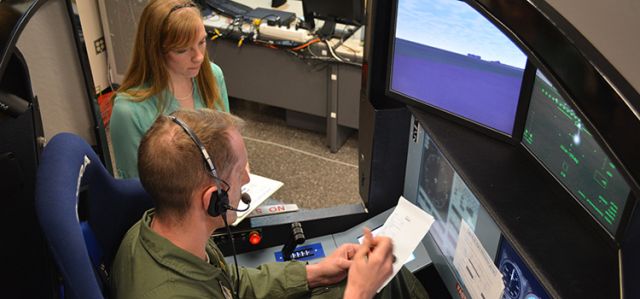Document Type
Conference Paper
Publication Date
7-2007
Publication Source
Tulane University Research and Design Conference
Abstract
Since the first total hip arthroplasty (THA) in 1938, THA evolved and developed into one of the major concentrations of orthopaedic research. The typical hip implant device used today incorporates a femoral and an acetabular component that serve to replicate the anatomical and mechanical functions of the natural hip joint. However, several problems exist that can effect the function of the implant device. Wear in the polyethylene liner of the acetabular component of the total hip replacement device is known as one of the major factors that affects the longevity of total hip replacement devices. Both manual and computer-aided techniques have been developed to measure linear and volumetric polyethylene wear in two and three-dimensional directions. This study aims to develop a software package that will accurately measure in vivo polyethylene wear after total hip arthroplasty and can be applied to determine the factors that lead to polyethylene wear.
Document Version
Published Version
Copyright
Copyright © 2007, Tulane University
Publisher
Tulane University
Place of Publication
New Orleans, LA
eCommons Citation
Kinney, Allison and Ambrose, Catherine G., "Development and Analysis of a Software Package to Quantify In Vivo Polyethylene Wear after Total Hip Arthroplasty" (2007). Mechanical and Aerospace Engineering Faculty Publications. 6.
https://ecommons.udayton.edu/mee_fac_pub/6
Included in
Biomechanics Commons, Biomedical Engineering and Bioengineering Commons, Exercise Science Commons, Mechanical Engineering Commons, Other Kinesiology Commons




Comments
The document available for download is the author's abstract, posted here with permission from the publisher.
Permission documentation is on file.
This research was supported by the Department of Orthopaedic Surgery at the University of Texas Houston Health Science Center.